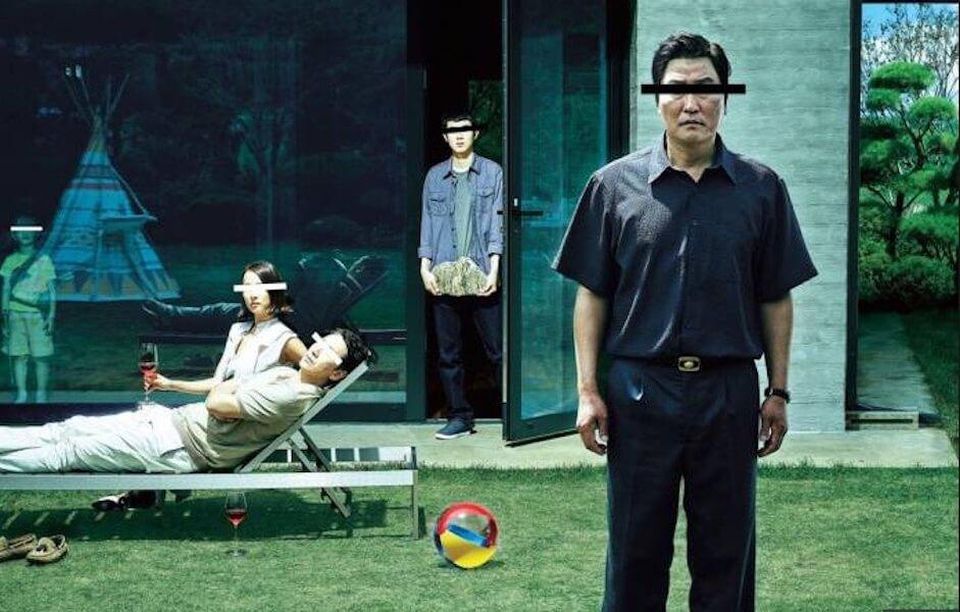
Another Palme d’Or film tackling the class system
By Jerrison Oracion, Senior Columnist
People are human and all have similar desires, so it makes sense that everyone should have the opportunity to achieve societal success. While every class does have the same opportunities, the higher classes have more of an advantage then the lower classes. Many of the films that got the Palme d’Or (the highest award in the Cannes Film Festival) this decade talk about social issues, including wealth and welfare.
Like Ken Loach’s Palme d’Or winner, I, Daniel Blake—which explores social welfare in England—last year’s winner, Shoplifters (directed by Hirokazu Kore-eda), shows the lives of a low income family in Japan and highlights the reasons why shoplifting is not a great thing. In a similar vein is this year’s winner—Bong Joon-ho’s Parasite. The films focuses on the differences between the lower class and higher class and the importance of accuracy. It did very well when it was shown in the Vancouver International Film Festival (VIFF)—there was a very long lineup outside of The Centre, which went around the theatre once. Joon-ho is a director that has his films regularly screened in VIFF. He has come to Vancouver to talk about his films before. For example, he came to VIFF to talk in 2017 about a screening of his previous film Okja.
The film revolves around the Kim family, who live in a basement house in Seoul and get internet from public Wi-Fi, eat food from convenience stores, and earn money by folding pizza boxes. When the son, Ki-woo (Choi Woo-sik), gets an offer from his friend to tutor the a girl named Park Da-hye (Jung Ji-so), who is the daughter of a tech business man. The rest of the family gets involved as well, working in the Park’s high security house. His father, Ki-taek (regular collaborator with Bong, Song Kang-ho), his mother, Chung-sook (Jang Hye-jin), and his sister, Ki-Jung (Park So-dam) all work in the house. They get away with it despite the fact that they are not wealthy.
Because Ki-woo does not have the credentials to be a tutor, he and his sister make fake documents in an internet café—and they look realistic enough to convince Da-hye’s mother to give Ki-woo the job. Although, Ki-woo is so good at his job of tutoring—he should just be one instead of pretending. The same thing happens with his parents—Ki-taek is a good driver even though he could not find a driving job in the city, and Chung-sook makes delicious food and maintains the house professionally. While credible evidence looks convincing, it could be misleading and lead to unforeseen consequences.
If you saw Spider-Man: Far from Home, you probably know what I am talking about. I learned that there are a lot of people that have the skills to do a lot of jobs—though the current economic landscape causes many of them to be unemployed. When the Park family fire their maid, Moon-gwang (Lee Jeong-eun), we find out that most of the Parks are not used to everyday tasks because they relied too much on Moon-Gwang—this attitude is compared to the Kim family, where all of them are capable and have many skills.
Without giving away the film, it ends with a message that hard work leads to success and that there should be more opportunities given to every class, including the lower class. Parasite explores the lives of the higher class and the lower class and shows that credible evidence is very important, where credibility must be examined. Parasite will show in theaters (limited release) October 11.

